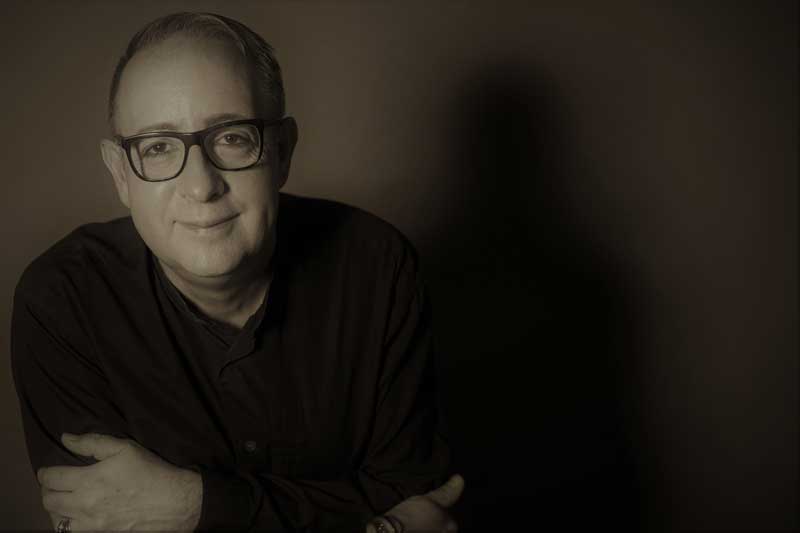
28 Aug What will happen at the initial consultation – my first time meeting with someone?
During your first consultation at Banish the Crows we will probably ask more direct questions than in follow-up and ongoing sessions – this is because the first consultation is an opportunity for your therapist to understand your situation, together with you. We will typically ask questions about you and your life – things like:
- Why you turned to counselling psychotherapy, at this time, and whether you have prior experience of so-called ‘talking therapies’.
- Your personal history and current situation. Your therapist will ask you some questions about your life because family situations – past and present, play an important role in determining who we are and how we live. We will also ask about other people who are significant in your life. All of this will help us to understand your relationships and how you relate with others and experience the world.
- Your current thoughts, feelings, and behaviours and what you believe might be causing them and how they are affecting your life.
- Any diagnoses given by a doctor; for example, your GP or another more specialist medical professional, such as a psychiatrist, or a ‘clinical formulation’ that describes your experiences or phenomena. A psychologist typically works with formulations.
We will use all of this information to better understand your problem. And, whilst your therapist will not make their own formulation at the end of your first visit, they will be giving some thought about what I think might be contributing to your difficulties. In counselling psychotherapy we talk about ‘unintegrated material’ – these are the things that exist in our lives, past and present but are perhaps not confronted or fully acknowledged or appreciated by us and then cause us problems later in life.



No Comments